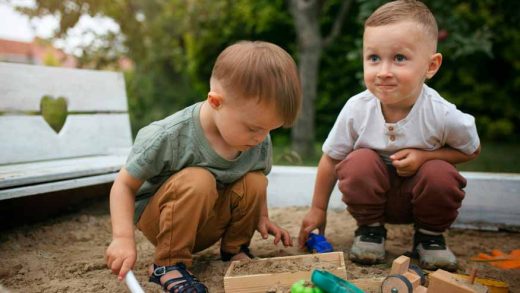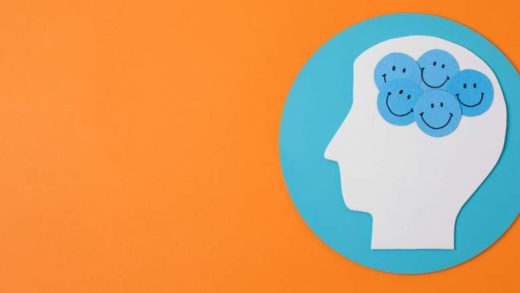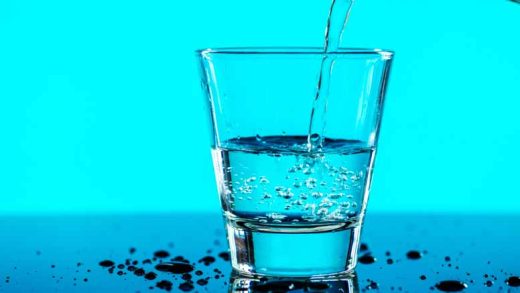Two major skills, gross motor skills and fine motor skills are important for early childhood physical development in the early childhood age. The muscle groups are used in gross motor skills to perform certain actions that are significant and frequent, such as walking, running, climbing, crawling, throwing the ball, etc. If the child is doing certain tasks such as line writing, folding the clothes, and opening the food box, the muscle groups of the hands used are called the motor skills of that child.
Milestones in Early Childhood Physical Development
Physical development in early childhood is a critical process marked by significant achievements. This progression includes milestones such as independent head control, rolling over, and sitting without support. Each phase, from crawling and standing with assistance to attempting the first uncertain steps, represents a notable advancement and is a moment of achievement.
- Gross Motor Skills
- Fine Motor Skills
One of the physical developments in childhood skills, referred to as gross motor skills, involves a group of muscle and whole-body movements. These skills help kids to control and coordinate their body movements. You can find examples of gross motor skills like crawling, walking, running, jumping, hopping, throwing, catching, and balancing. These skills are important for activities like playing sports, wandering the environment, and involving friends in physical play. As children develop their gross motor skills, they gain strength for balance and learn coordination, which is necessary for their overall physical development and independence in doing their things.
Fine motor skills involve coordination and controlling the small muscles, mainly movements in the hands and fingers in physical development in early childhood. These skills are important for the tasks the children perform, such as writing, drawing and sketching, closing the buttons of the shirts, washing utensils, and tying the lace of the shoes. As kids develop these fine motor skills, they gain the strength to perform more activities and precise movements, which are essential for analytical and academic development.
Factors Influencing Early Childhood Physical Development
Many factors can influence the early childhood physical development of kids. Here are a few important ones:
- Genetics:
- Nutrition:
- Physical activity:
- Environmental factors:
- Healthcare:
To determine the children’s growth rate, muscle strength, and coordination power, a child’s physical development can be influenced by their genetic abilities.
In physical development, proper nutrition is important. A well-planned and balanced diet is necessary for healthy growth, muscle strength, and bone development.
Physical activity involves gross and fine motor skills with regular physical activities at school that include coordination and whether the child is physically fit.
Environmental factors like safe play areas and exposure to nature play a crucial role in their physical development.
Regular health check-ups and pediatric consultations are necessary to identify and address physical development issues early.
Impact of Physical Development on Overall Child Development
When a kid starts to grow and develop certain motor skills, it opens up many possibilities for them that play a significant role in physical development. It involves whether the children are in a positive environment, a good society, and are enrolled in various activities. It also builds their analytical thinking by improving their hand and eye coordination and problem-solving techniques.
Common Challenges in Early Childhood Physical Development
Below are a few challenges you can face during early childhood physical development:
- Delay in Motor skills:
- Coordination difficulties:
- Muscle weakness:
- Sensory processing issues:
- Balance and spatial awareness:
It is normal for some children to experience delays in their motor skills, which can hinder their ability to perform tasks requiring hand-eye coordination and physical activities, such as crawling, walking, and engaging in other activities. Therapy can address these issues.
Children might struggle with hand-eye coordination, making it challenging for them to perform tasks such as tying shoelaces or cutting paper with scissors. Practice can help overcome these difficulties.
Muscle weakness affects a child’s physical strength and can impair their ability to climb, run, walk, and participate in physical activities.
Some children may have sensory processing difficulties, which can affect their ability to process and respond to sensory information. This can impact their motor skills and coordination. Occupational therapy can be beneficial in addressing sensory processing challenges.
Developing a sense of balance and spatial awareness is crucial for physical activities. Some children may struggle with balance, making it harder to ride a bike or participate in sports requiring good balance. Practice and engaging in activities that promote balance can help improve these skills.
Tips for Parents and Caregivers
Here are some tips for parents and caretakers on early childhood physical development:
- You have to encourage your children to play actively
- Provide them with a safe and secure environment to play and be involved with other kids.
- Give them toys that can help them improve physically and mentally.
- Try to build healthy eating habits and involve them with regular body exercise.
- Consult with doctors regularly when you find it necessary and know your child’s health condition prior.
Early childhood physical development is important for a kid’s growth, strength, and health. It affects their gross motor and fine motor skills, analytical thinking, and physical development. You have to give them a positive environment in which they can learn things quickly, encourage them to play outside and seek doctor’s advice when needed. Children’s parents and caretakers can help the child in healthy physical development.
Partnering with institutions like Kangaroo Kids International School can also offer structured programs designed to enhance early childhood physical development while ensuring a holistic educational experience.








